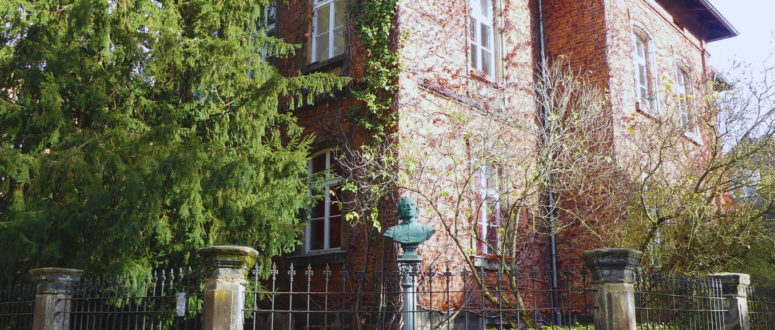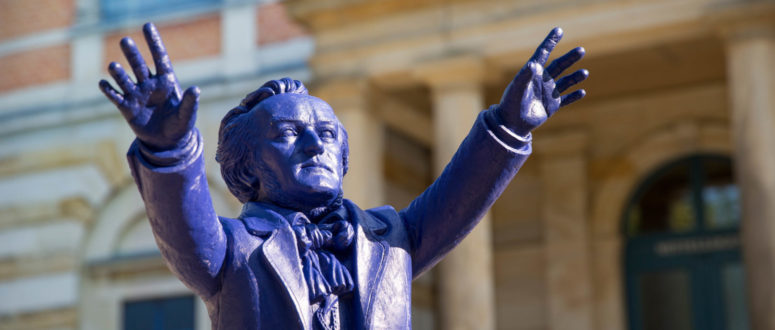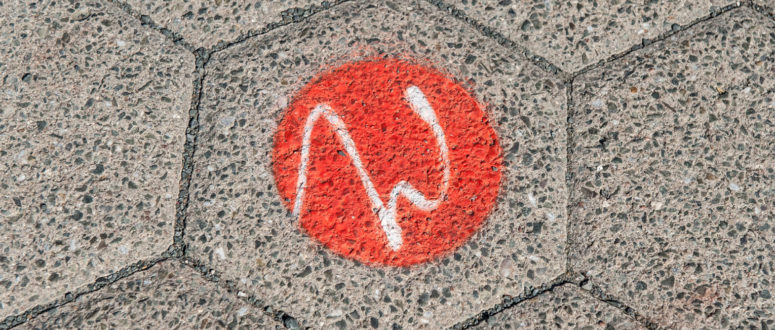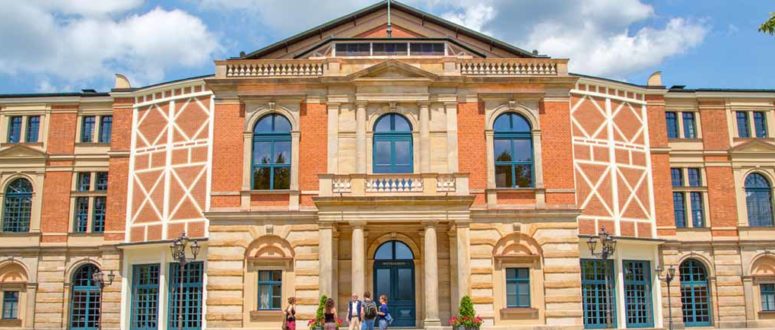Until today traces of Liszt can be found in Bayreuth. The Liszt museum, his tomb at the city cemetery and the original Liszt grand piano from 1873 in the Rococo hall of the Steingraeber & Sons piano manufacturer.
Franz Liszt was born in present-day Austria and was supported by his father at an early age. The father of the family recognized the extraordinary talent of his son and taught the then six-year-old piano himself. After the first successful public appearances, the family decided to move to Vienna in 1821 to pursue further piano training. After intensive years of teaching by Czerny and Salieri, Liszt continues on to Paris to prepare for his first concert tour through France and England. However, the rising star in the musical sky was hit hard by the death of his father. Liszt fell into a serious crisis and almost completely disappeared from the concert world for about two years. However, in order to continue to finance his life, the 17-year-old began to give piano lessons.
He had three children with his first wife Marie d’Argoult. His second child, his daughter Cosima, later married Richard Wagner, the well-known composer in Bayreuth. After his marriage to the Frenchwoman broke down in 1839, he again set out on a journey throughout Europe, and his music continued to evolve. His virtuoso career ended with his appointment as Hofkapellmeister in Weimar. In Weimar, Franz Liszt’s life was settled and he found time for symphonic poetry, piano concertos and orchestral works. Most of his works were created during this period.
Franz Liszt in Bayreuth
When Franz Liszt visited the Bayreuth opera festival in July 1886 he was already seriously ill. He stayed at the house of the forest ranger right next to the Wahnfried villa, where his daughter, Cosima Wagner lived with her children. In the night from July 31st to August 1st Franz Liszt died in the presence of his daughter Cosima and was buried on August 3rd at the Bayreuth city cemetery. The house of his death, Wahnfriedstreet 9, is since 1993 the Franz Liszt museum in Bayreuth. A Liszt bust by Arno Breker is on the green hill, in the park of the Festival Opera House, not far from the Bust of Richard Wagner by Breker.
Until today traces of Liszt are found in Bayreuth, the Liszt museum, his tomb at the city cemetery and the original Liszt grand piano from 1873 in the Rococo hall of the piano manufacturer Steingraeber & Sons. Liszt played there on the grand piano with his friends and colleges and gave public concerts. Until today concerts are given regularly on the Liszt grand piano.





